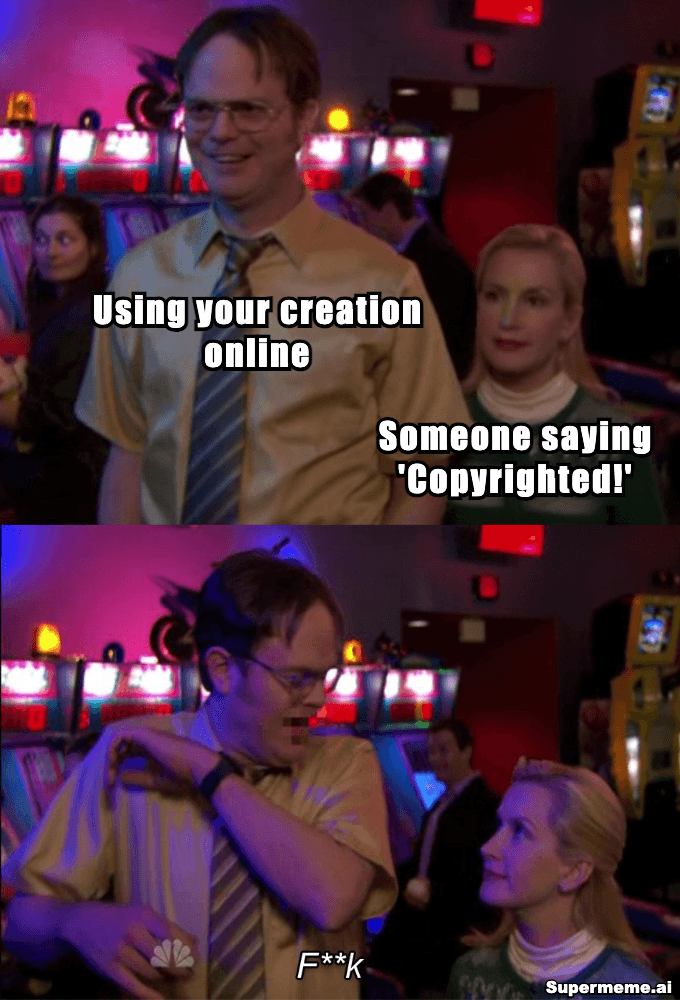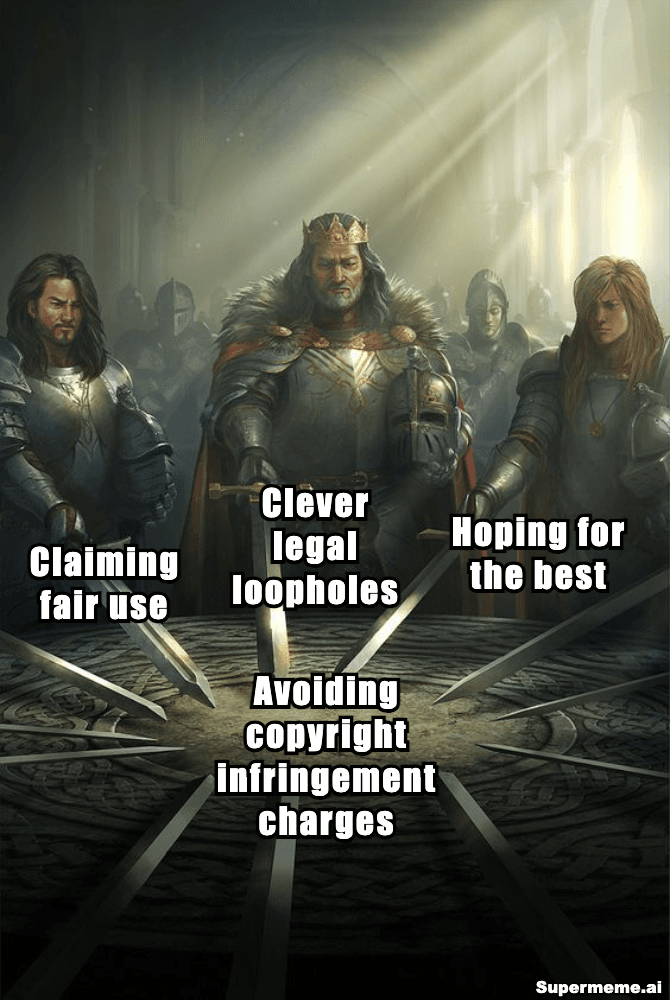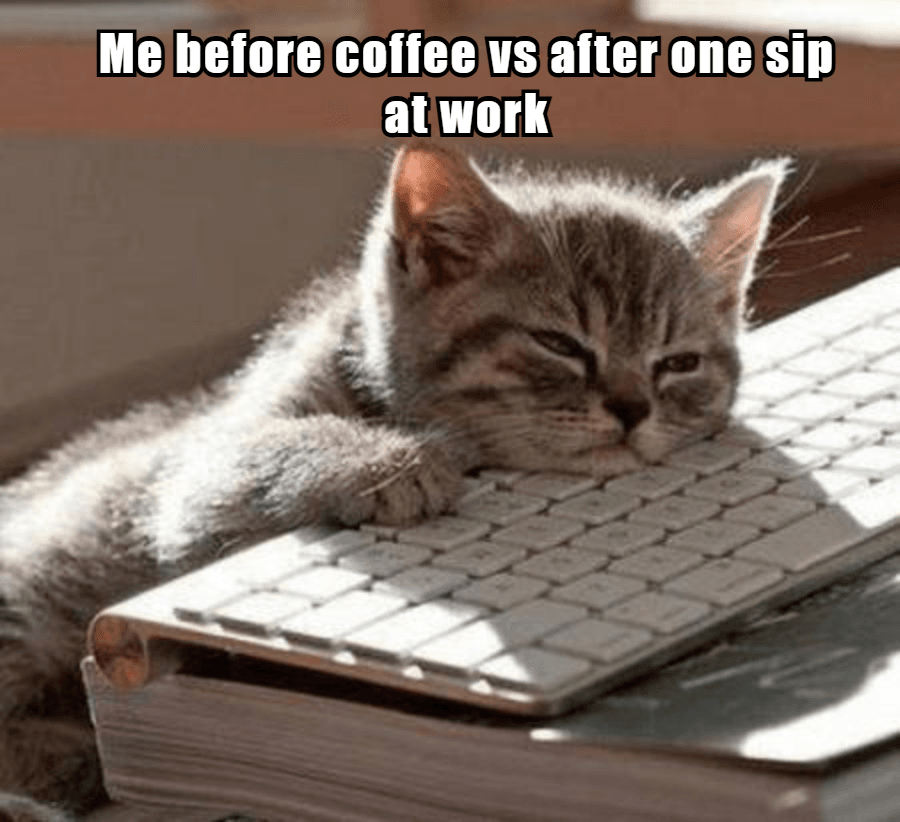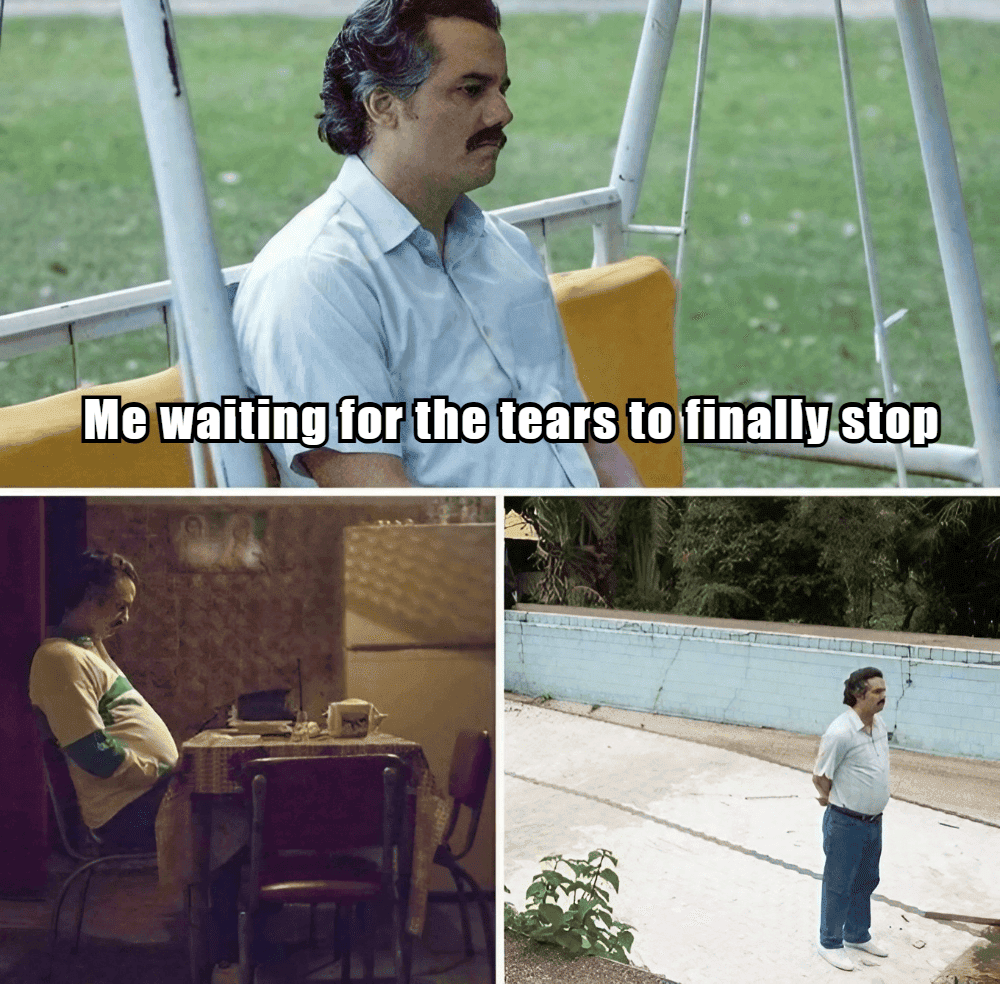Let's face it – memes are everywhere. They've become our digital inside jokes, our way of reacting to everything from politics to that awkward moment in a Netflix show everyone's watching. But have you ever stopped scrolling and wondered: "Wait, who actually owns these things?"
Can Someone Really Own a Meme?
It's complicated. That Distracted Boyfriend image or Doge face didn't appear out of nowhere – someone took that photo or created that artwork. And yes, those original creators do have rights.

When you make something totally from scratch – like if you drew your own cartoon character that became a meme – you automatically get copyright protection. That's your intellectual property, just like writing a song or taking a photograph.
But let's be honest, most of us aren't creating images from nothing. We're grabbing screenshots from movies, using stock photos, or sharing images that have been passed around so many times nobody remembers where they came from.
Fair Use: The Meme Creator's Best Friend
This is where "fair use" comes in – basically your legal defense for why it's okay to use someone else's copyrighted material without permission. Think of it as the "but I was just joking" defense of copyright law.

When deciding if something counts as fair use, courts look at four main things:
- Why are you using it? Making social commentary or just trying to sell something?
- What's the original work like? Using a news photo is different from using an artistic creation.
- How much did you take? Using a single frame from a movie is different from posting the entire thing.
- Does your use hurt the market for the original? If your meme makes people less likely to pay for the original content, that's a problem.
The good news? Most personal meme sharing falls comfortably under fair use. You're typically not making money, you're only using a small portion of the original work, and you're transforming it into something new by adding your own creative spin.
What Laws Actually Apply to Memes?
There's no specific "meme law" (though wouldn't that be something?). Instead, memes fall under existing copyright frameworks:
- The Copyright Act covers the basic rights of content creators
- The Digital Millennium Copyright Act (DMCA) deals with online copyright issues, including those takedown notices you might see
- Fair use doctrine is your shield against infringement claims
- "Transformative use" is particularly important – courts increasingly recognize that changing the context or adding new meaning helps justify using copyrighted material
It's worth noting that these laws vary internationally. What's perfectly fine in one country might get you in hot water in another.
Real-World Meme Legal Drama
A few interesting cases show how this plays out in practice:
Remember "Success Kid"? That chubby-cheeked toddler with the determined look and raised fist? His mom sued when a politician used her son's image without permission. The lesson: be especially careful using memes of identifiable people for commercial or political purposes.
More recently, there's drama in the AI world with Getty Images suing Stability AI for using their copyrighted photos to train AI that can generate meme-like content. The verdict could reshape how we think about creating digital content.
Staying on the Right Side of Meme Law
If you're just sharing memes with friends or posting reactions on social media, you're probably fine. But if you want to play it extra safe (or if you're using memes professionally), here are some tips:
- When possible, create your own images or use copyright-free resources
- For business use, get proper permissions – especially if money's involved
- Give credit where it's due when you know the source
- Be careful with brand logos or images that might imply endorsement
- Stay informed about platform policies (Instagram, Twitter, etc. all have their own rules)
The TL;DR on Meme Copyright
Meme culture thrives because of the creative remix and reinterpretation of existing content. Most casual meme sharing is perfectly fine under fair use, especially when you're adding your own creative spin to transform the original meaning.
But copyright law is real, and it does apply to internet culture. The safest approach is creating original content when possible, being extra careful with commercial use, and remembering that behind many popular meme images are real creators with rights.
The legal lines around memes will keep evolving as internet culture does. So keep memeing – just do it thoughtfully.


